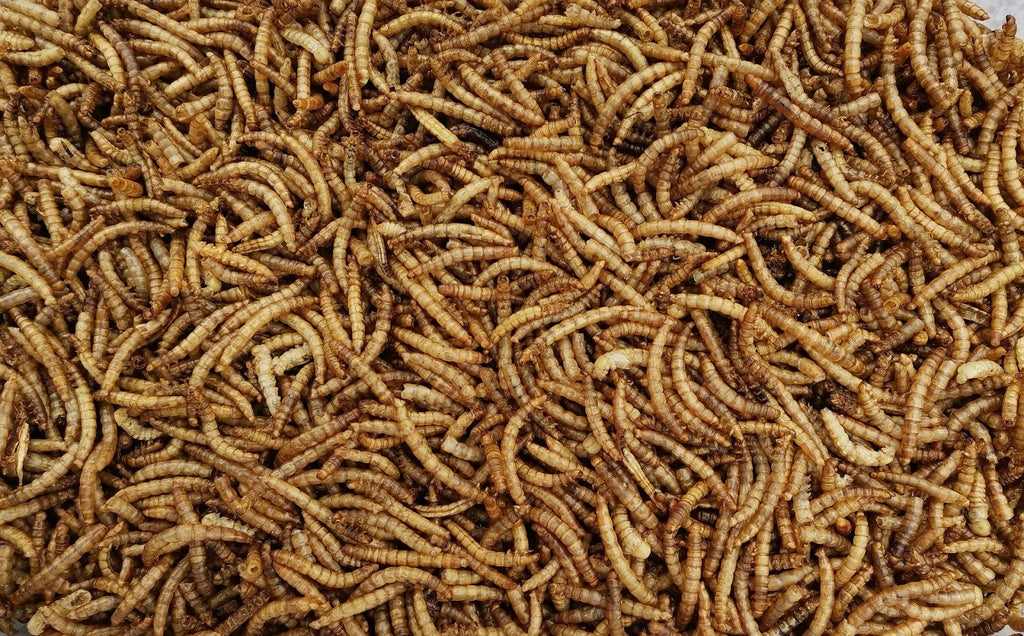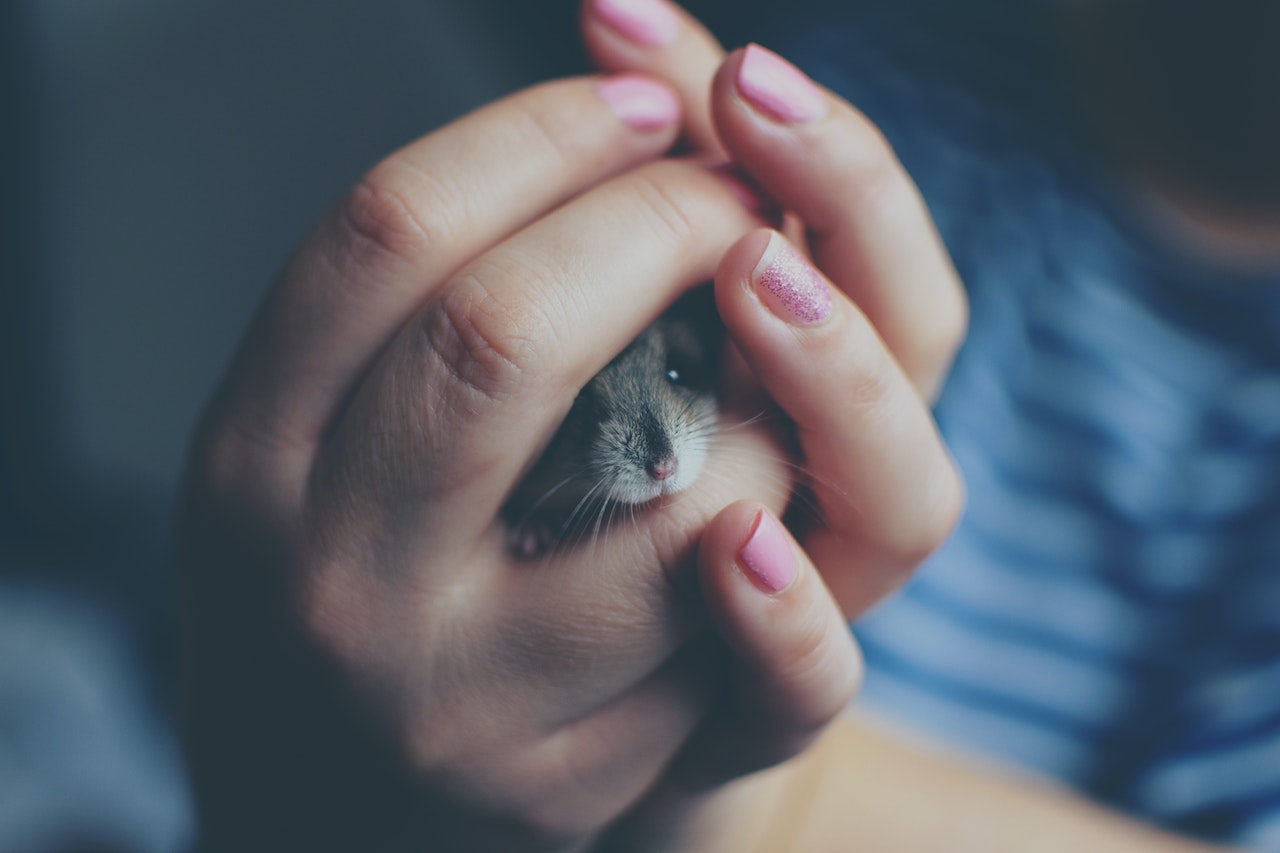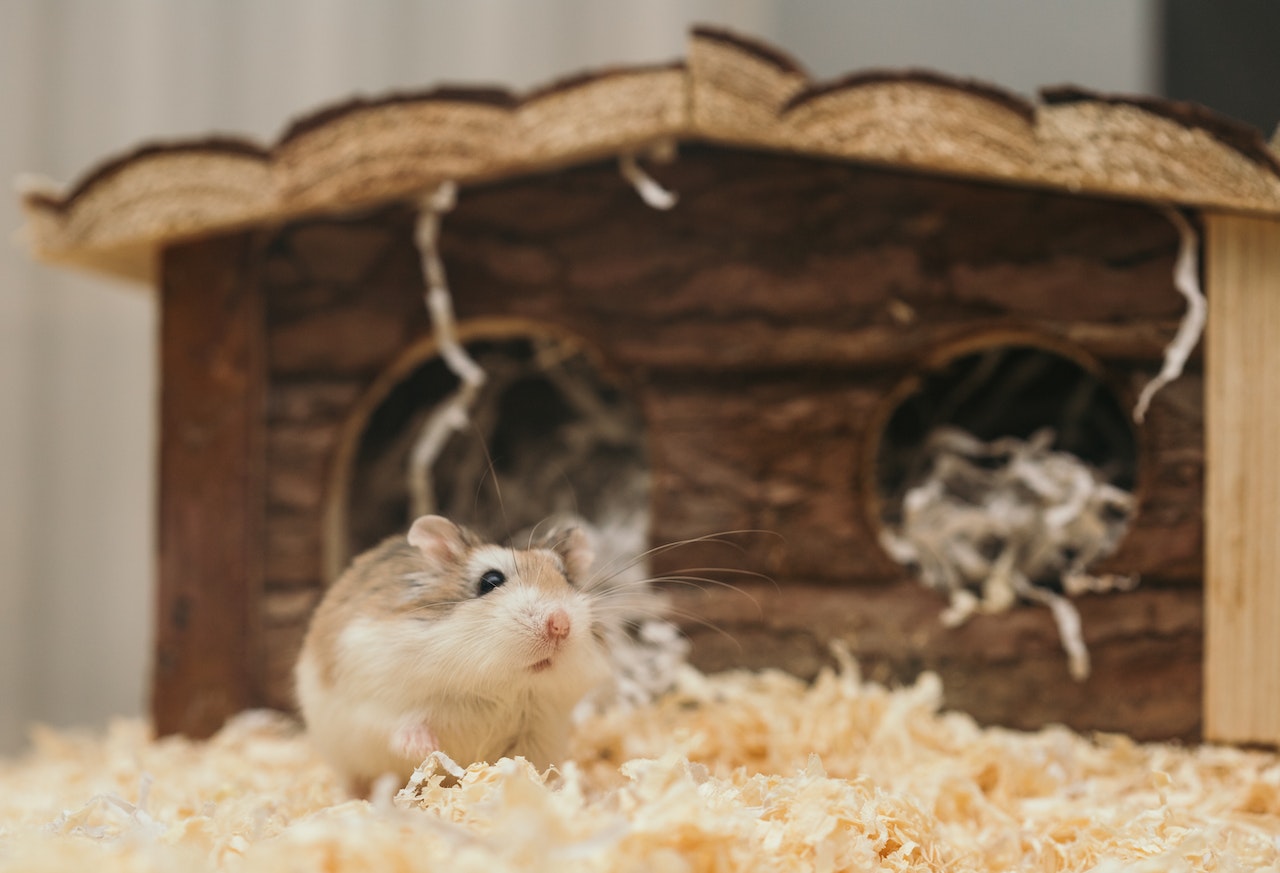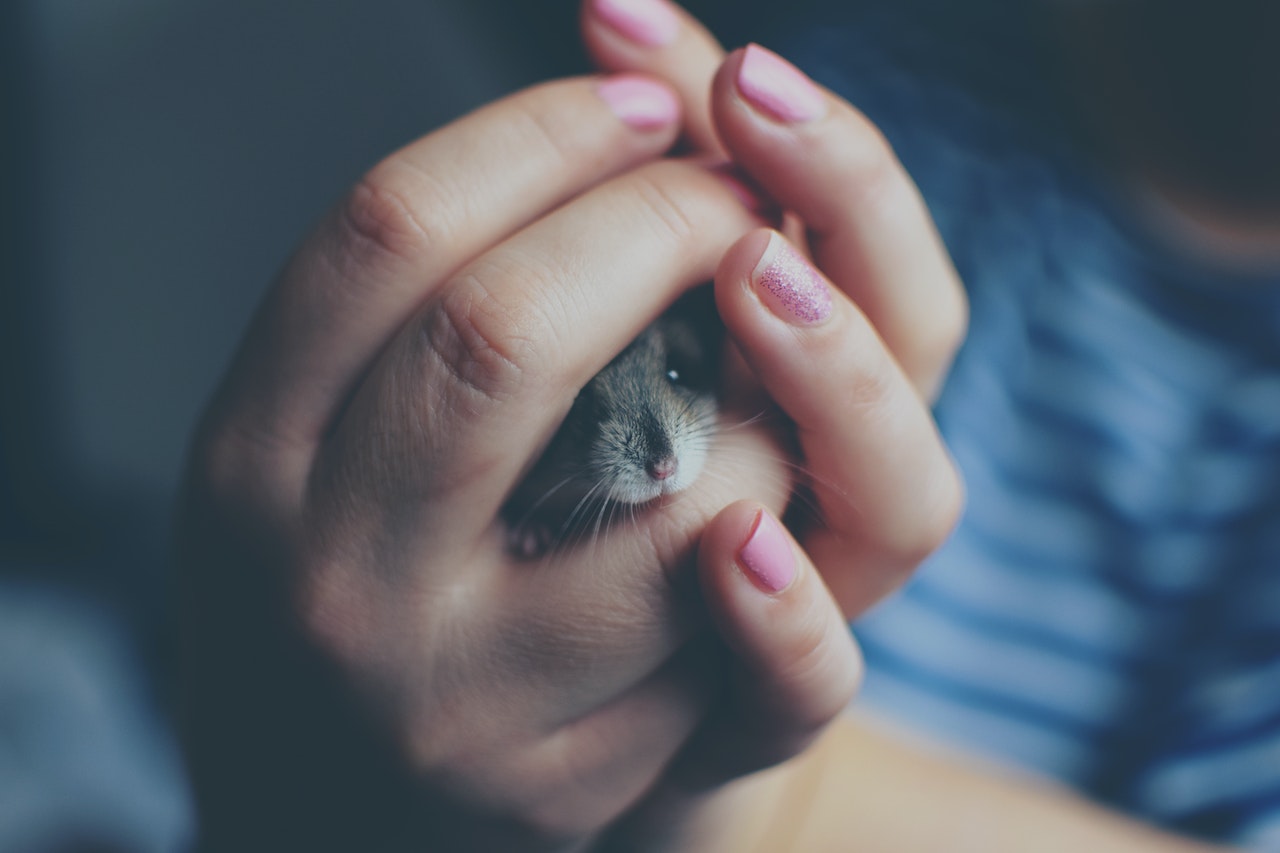
What are mealworms?
Mealworms are simply the larvae of insects popularly known as darkling beetles. They're typically found in the soil, but they can also be found in rotting vegetation or under logs. They are a good source of protein, healthy fats, vitamins and minerals like copper, zinc, and magnesium.
You may have even seen mealworms sold in pet stores and been tempted to feed them to your hamster. After all, they're a source of protein, and hamsters are omnivorous creatures that eat a variety of things in the wild. But is it safe to give mealworms to hamsters?
Can Hamsters Safely Eat Mealworms?
The answer is yes, hamsters can safely eat mealworms and as it turns out, many hamsters enjoy eating them.
Mealworms are a great source of protein, and they also contain essential fatty acids, minerals and vitamins. Plus, they're high in fiber, which is great for your hamster's digestion.
However, it’s important to note that mealworms should only be given as a treat, not as a staple of their diet.

What is the Nutritional Value of Mealworms?
Mealworms can provide a lot of essential nutrients that your hamster needs to survive as they are incredibly nutritious.
- They contain high amounts of protein, fat, and fiber, as well as essential vitamins and minerals like iron, zinc, magnesium, and selenium.
- They’re also low in carbohydrates but high in fatty acids like omega-3s and omega-6s.
- As an added bonus, mealworms are packed with antioxidants that help protect your hamster's cells from damage caused by things like free radicals.
These goodies make mealworms a great choice for supplementing your hamster's diet and providing them with the nutrients that they need to stay healthy.
What Benefits Can Hamsters Gain From Eating Mealworms?
Hamsters should eat a variety of different food items to get the nutrients they need, so it's important to include mealworms in their diet because;
For starters, the proteins that are present in mealworms are easily digestible by hamsters and provide them with the necessary amino acids which aid in their growth and development.
Mealworms also contain healthy unsaturated fats that are beneficial for your pet's skin and coat health.
They are an excellent source of energy for active hamsters who require more calories to fuel their activities.
Vitamin B12 helps to regulate the nervous system, while phosphorus helps to keep their bones strong.
Iron is essential for healthy blood cells, offering a much needed energy boost for those tiny critters.
And lastly, zinc helps to build the immune system and promote healthy skin.
All of these benefits combine to make sure they're living longer, healthier lives! The bottom line is that if you add a bit of mealworm to your hamster's diet every now and then, it can bring valuable benefits—just make sure it's in small amounts so you don't upset the delicate balance of their existing diet.
How to Feed Mealworms to Your Hamster?
Mealworms are a popular food choice for hamsters, but before you go ahead and start feeding them to your pet, there are a few things you need to know.
Firstly, mealworms can be fed either live or dead. If you're opting for the live option, make sure you only give your hamster fresh mealworms, as old or frozen ones can cause health problems.
Secondly, mealworms should only make up a small part of your hamster's diet - no more than 10% of their total food intake.
And finally, always consult with your vet before giving your hamster any new food.

Risks Involved in Feeding Your Hamster Mealworms
If you’re thinking of feeding your hamster mealworms, there are some potential risks involved.
- The most important one is that they can carry a parasite called intestinal flagellates (blastocystis hominis). Although this isn’t harmful to humans, it can cause serious health problems for your pet.
- Another risk is that mealworms are rather high in fat and protein, which can result in obesity or unhealthy weight gain if given in too large amounts. This can put your hamster at risk for diabetes and other health issues.
So as long as you keep the portions small and don’t overdo it, your hamster should enjoy them without any health issues.
What Other Types of Insects Can You Feed Your Hamster?
When it comes to feeding your pet hamster, mealworms are not the only type of insect you can give them.
You can also feed your hamster crickets, earthworms, silkworms, waxworms and even cockroaches (if you can get your hands on them). However, you should only be feeding these to your hamster sparingly.
- Crickets are a great source of protein and fat but should only be fed once or twice a week in moderation.
- Earthworms are also rich in protein and should be fed in moderation as well as they have a high moisture content, making them susceptible to spoilage.
- Silkworms are softer and easier for hamsters to digest and can provide some extra nutrition if given in small amounts.
- Waxworms have a high fat content so they should only be given very sparingly as treats.
- Cockroaches are also high in fat so the same rule applies; give them to your hamster once or twice a week at most as a treat.
Just keep in mind that such treats should only be offered occasionally as a healthy snack or reward for good behavior because too many insects can lead to an imbalance of nutrients for your pet.
You can also provide a variety of proteins to your hamster, including things like cooked chicken, boiled eggs or fish – though these should only be given occasionally as treats.
Conclusion
If you're wondering whether it's safe for your hamster to eat mealworms, the answer is yes—but there are a few things you should keep in mind.
First, mealworms are high in fat, so you should only feed them to your hamster in moderation. Second, make sure the mealworms you're feeding your hamster are alive and healthy—dead or sick mealworms can pose a serious health risk.



